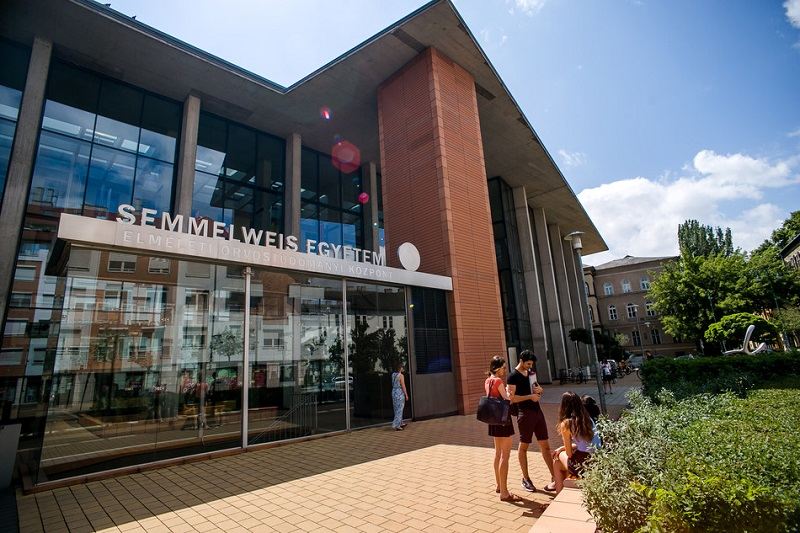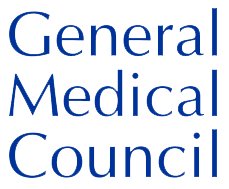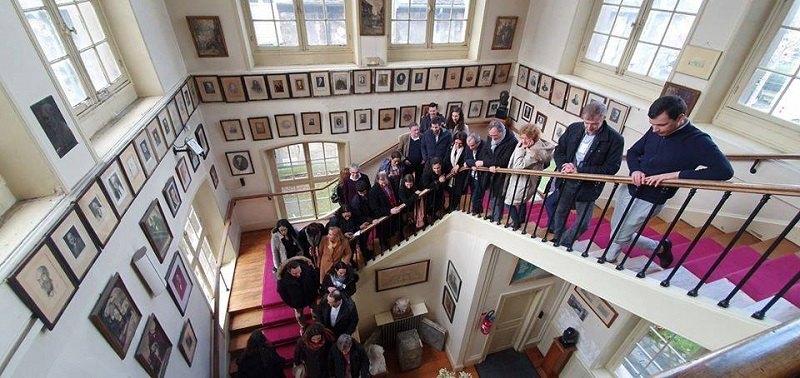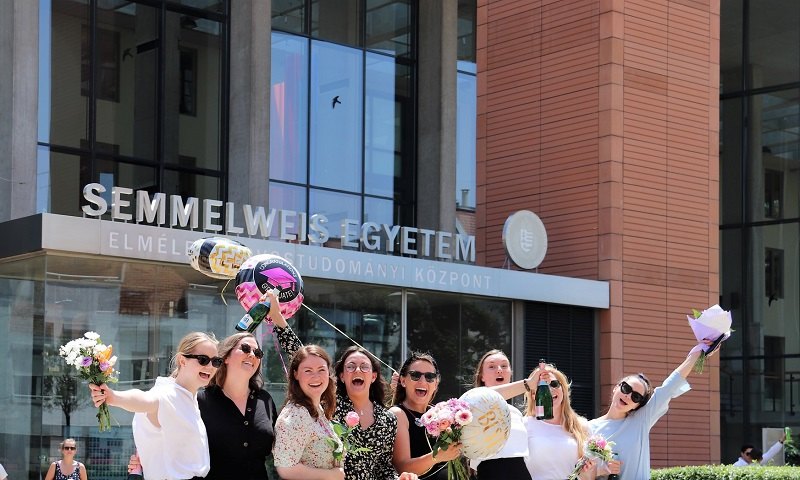Budapest is Hungary's largest city and capital, with a population of 1.7 million. Budapest as we know it today was founded in 1873 when the cities of Buda and Pest merged. The city is located on the Danube River's banks which divides the city in two.
Budapest's cost of living is quite affordable in comparison to the UK. As is the case practically everywhere, the most expensive aspect is the accommodation. Renting a 1-bedroom apartment normally costs around £350 per month.
Depending on individual spending habits, students usually spend around £250 - £300 on utilities, food, and leisure activities per month. Combined with rent, you are looking at a budget of around £600 per month.
In terms of student safety, Budapest is a safe city for students and tourists, provided they adhere to the normal travel advice against petty crime. Avoid costly taxis and bars, confirm pricing before ordering, and keep an eye on your possessions when using public transportation and areas frequented by tourists.














